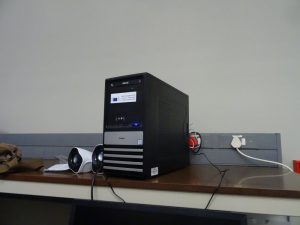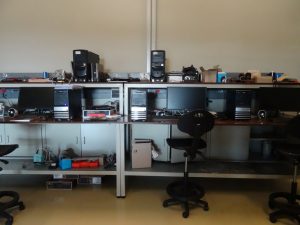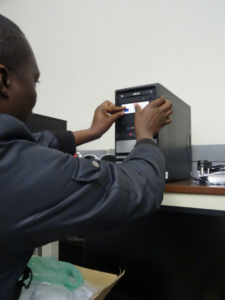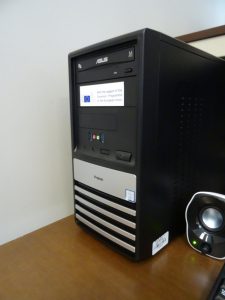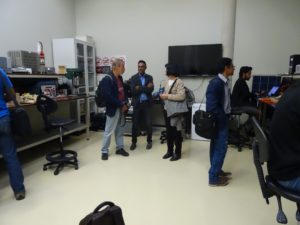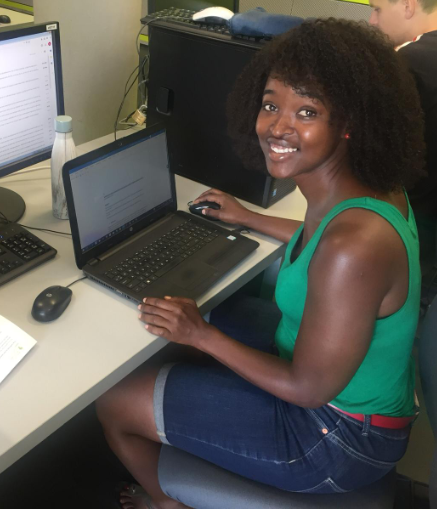Our final project meeting took place at Stellenbosch University from June 7-11, 2021. Due to the ongoing travel restrictions implied by COVID-19, the meeting took place online and in presence. An important event during the final meeting was the Dissemination Conference on June 9. The aim of the Dissemination Conference was to showcase the DAMOC Project, its successes and identified challenges in the development of human capacity for the diffusion of Smart Grid Technology in the African context. Very interesting talks were presented by the two keynote speakers: Dipl.-Inf. Martin Adolph (ITU, Switzerland) and Prof Germano Lambert-Torres (FIEEE, Gnarus Institute, Brazil).
The Conference proceedings are available here.
We wish to thank our partners from SU for the organization of the final meeting and the Dissemination Conference!


